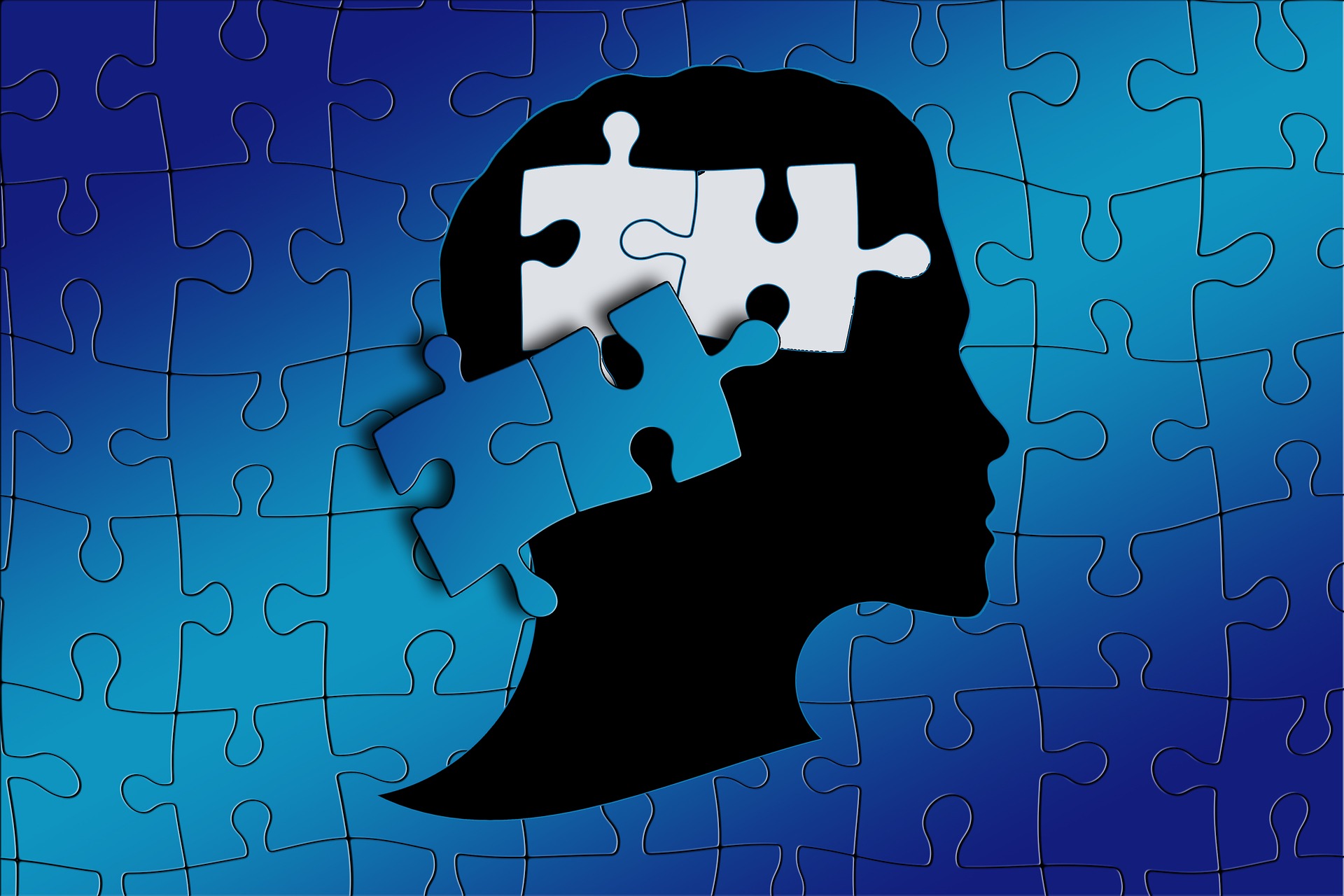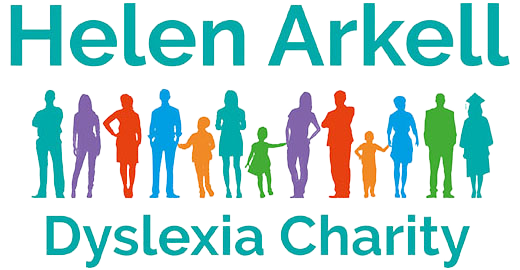What is an SpLD?

A Specific Learning Difficulty (SpLD) is a neurodevelopmental disorder that may affect an individual’s ability to receive, process and recall information. It is a difference or difficulty with particular aspects of learning. The term SpLD is used to denote a range of learning difficulties.
The most common include:
- Dyslexia
- Dyspraxia or Developmental Coordination Disorder (DCD)
- Dyscalculia
- Dysgraphia
An individual may have one of these or they may exhibit signs of more than one SpLD.
About SpLDs
Specific Learning Difficulties range from mild to severe.
Each person is affected differently.
Everyone has underlying brain skills that make it possible for us to think, remember and learn – known as their cognitive profile. These skills allow us to process the huge amounts of information we receive every day at work, at school and in life. We all have strengths and weaknesses in our cognitive profiles.
SpLDs are not connected to intellectual ability, social, economic, cultural or language background.
Having an SpLD does not mean an individual can’t achieve academically. However, it may be harder and may require far greater (usually unseen) effort and a distinct set of skills.
Understanding specific strengths and weaknesses can help an individual develop a ‘toolkit’ of strategies and techniques suited to their learning preferences, and to enable them to achieve their goals, academic or otherwise.
It is crucial to remember that a person with an SpLD may have many strengths which can outweigh any weaknesses!
Neurodiversity and co-occurring difficulties
The term neurodiversity recognises normal variation and differences in brain function that occur naturally across the human population. It is a recognition that we all have neurological differences.
Neurodiversity encompasses all Specific Learning Difficulties (SpLDs) mentioned above, many of which may co-occur or overlap. Under the wider ‘umbrella’ of neurodiversity the following conditions/difficulties may also co-occur:
- Autism Spectrum Condition (ASC)
- Developmental Language Disorder (DLD)
- Attention Deficit Hyperactivity Disorder (ADHD) or Attention Deficit Disorder (ADD)




